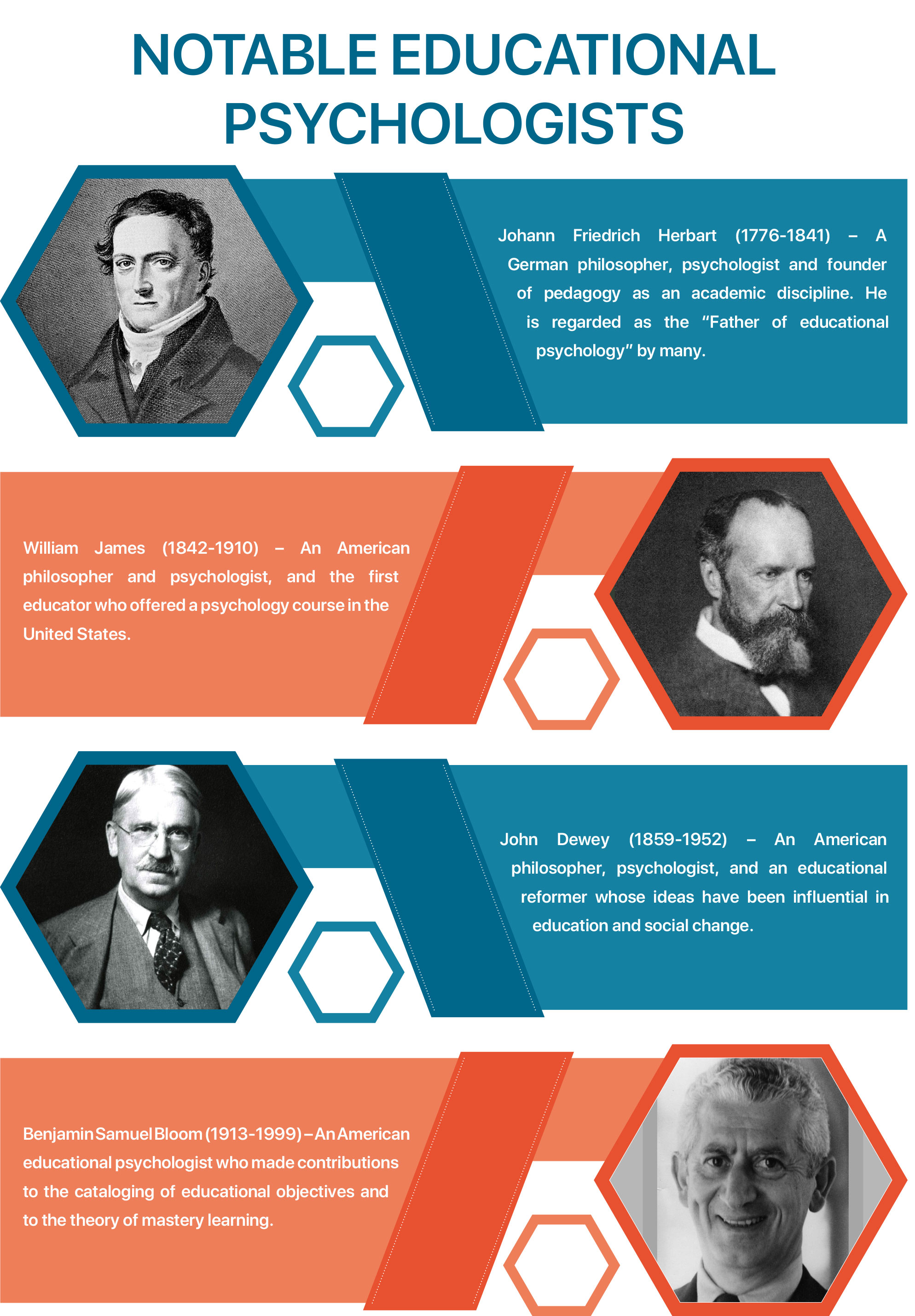Every day, children spend almost 6 to 7 hours with teachers. Teachers on the other hand act not only as the source of education and information, but they instill moral values that are absorbed by the students. Teachers today, are required to keep on bringing to mind a sense of respect midst the students. Contrarily, in the ancient times, there existed a well-established guru-shishya tradition. The very word “Guru”, when split is said to mean “Gu - Darkness” and “Ru - Light”, which means guru is a person who dispels darkness through disseminating the light of knowledge. The gurus of those days taught Vedic moral along with academic lessons to their students. Most importantly, they transformed plain minds into a well-informed mind, as an evenhanded personality with lofty morale. This relationship was mutual and was purely based on the intelligence of the teacher and the submission of the student.
Something notable at this juncture is that the relationship between the teacher and the students must have been on a more psychological level. There are Indian legends that elaborate on such relationships where mostly, students understood the mind of the guru and acted accordingly even before getting oral instructions.
Now, let’s have a look into how closely education and psychology are related in a modern sense. Primarily, psychology is the study of behavior, whereas education results in the change of behaviour in a desired direction. Hence, to get the desired outcome in educating the students, it is imperative to study the science of behaviour. Therefore, the logical relation between education and psychology is hereby evident. Hence, teachers should necessarily observe the developmental stages of the students and their personality to emerge out to be a successful teacher.
Moreover, today the concept of education has shifted its focus from being learning-centric to learner-centric. In such scenario, students today learn as per their interests, requirements and competences, which have created a compelling need for the teachers to acquire some knowledge of psychology that will be of use to plan and organize any educative endeavor. Having these factors in place, educators stress that education should have a psychological foundation.
Objective of education is not the same for all the age groups; hence, it should be understood that purpose of education at different stages should be based on the relevant psychological foundation. Syllabi prepared for different stages according to the learners’ age, ability and competencies should be founded on psychological values. Knowledge of educational psychology plays an important role in studying the psychological traits of the gifted or retarded child, the problem kid and the ill-adjusted kid and providing them guidance for effective learning.
Teacher should integrate the methods of teaching that are suitable, coupled with apt motivational techniques and required teaching tools that too are the offerings of educational psychology; this includes the preparation of school schedule and timings. Moreover, in administration, the issues pertaining to maintenance of discipline can be handled psychologically; psychology also provides knowledge to develop robust evaluation processes required for enhanced learning.
A small device called a ‘HealthBox 3 by Renson’ measures the indoor air quality in the classroom. Once the classroom exceeds the recommended classroom threshold of 850ppm, the HealthBox 3 flushes the contaminated air and window ventilators supply fresh air to the room.
In addition to the aforesaid instances, knowledge and principles of psychology is essential to attain enhanced student participation in the classroom, personalized instruction, group activity and hands-on learning.
Primarily, psychology is the study of behavior, whereas education results in the change of behaviour in a desired direction
